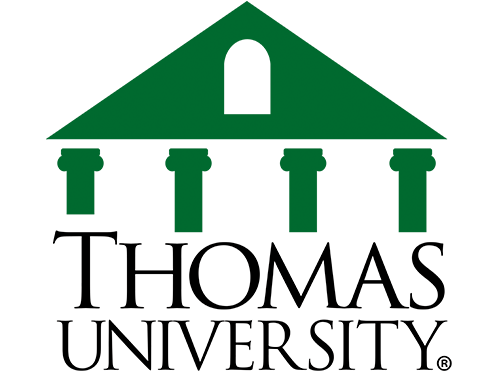Send official transcripts to admissions@thomasu.edu
Or
Admissions Office, Thomas University, 1501 Millpond Road, Thomasville, GA 31792
Students with no prior college, please provide an official high school transcript or GED.Students with prior college credit and those applying to the 2+2 program must submit official transcripts from all previously attended colleges. You can order transcripts from prior colleges here.
Students applying to the MLS 2+2 program who have recently completed their program can be admitted and begin working toward their bachelor's degree. However, they must pass the MLT exam within two semesters. Once accepted into the major courses, the program director will work with you to secure the necessary additional documents.
Admission to the MLS program requires a cumulative GPA of 2.75 or higher. Students pursuing the Biomedical Laboratory Science program must have a cumulative GPA of 2.0 or higher.
What is the career outlook for Medical Laboratory Scientists?
Overall employment of medical laboratory technologists and technicians is projected to grow 13 percent from 2016 to 2026, faster than the average for all occupations. An increase in the aging population is expected to lead to a greater need to diagnose medical conditions, such as cancer or type 2 diabetes, through laboratory procedures.
What Can I Do with This Degree?
Technologists in small laboratories perform many types of tests; in large laboratories, they sometimes specialize. The following are examples of types of specialized medical laboratory technologists:
- Blood bank technologists, or immunohematology technologists, collect blood, classify it by type, and prepare blood and its components for transfusions.
- Clinical chemistry technologists prepare specimens and analyze the chemical and hormonal contents of body fluids.
- Microbiology technologists examine and identify bacteria and other microorganisms.
Technologists and technicians often specialize after they have worked in a particular area for a long time or have received advanced education or training in that area.
Some students use this program as a pre-professional track for medical school.
Source:
Bureau of Labor Statistics
Program Director and clinical Coordinator
Leslie Cooper MS, MLS (ASCP)cm, AHI (AMT)
Adjunct Professors:
Phyllis Ingham EdD, MEd., MLS (ASCP), AHI (AMT)
Rory Huschka M.Ed., MT (ASCP)
Jessica Hoernemann MS, MLS (ASCP)cm
Georgia Smith M.Ed., MBA, MLS (ASCP)
Dawn Williamson MS, MLS (ASCP)



